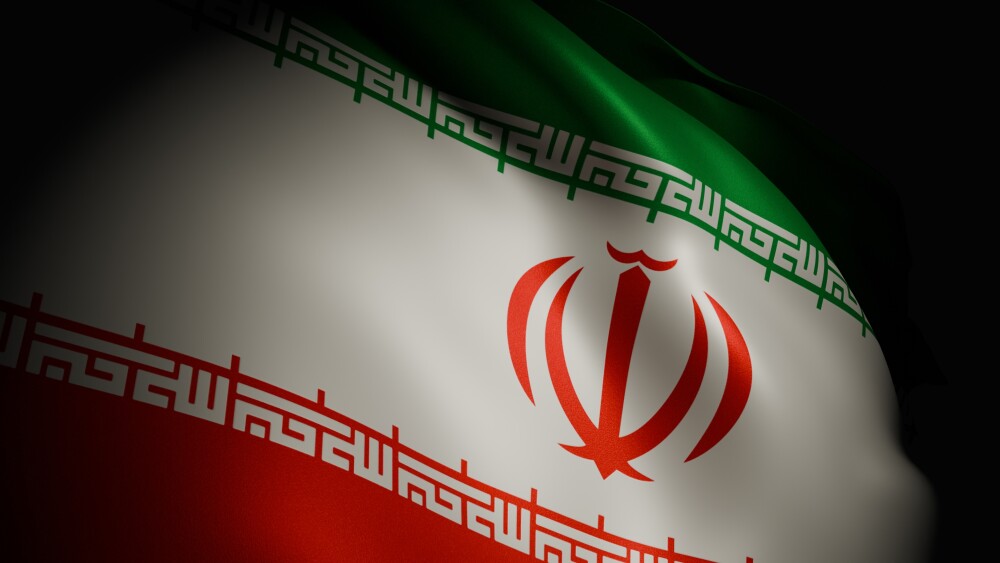Leftist-Islamist figures and so-called reformists, many of whom played key roles in the 1979 revolution, have recently issued statements calling for a referendum and the formation of a constitutional assembly to reshape Iran’s political system.
At the forefront is Mir-Hossein Mousavi, Ayatollah Ruhollah Khomeini’s trusted prime minister during the 1980s. Mousavi has been under house arrest since 2011, following the disputed 2009 presidential election in which the regime declared Mahmoud Ahmadinejad the winner—a move widely seen as fraudulent. The announcement sparked Iran’s largest protests since the revolution, known as the Green Movement, which the regime eventually crushed, leading to Mousavi’s detention.
In a July 11, 2025, statement, Mousavi condemned “the crimes of Israel and the United States” for their June airstrikes but also held the Iranian regime responsible for its own failures, saying the country’s ruling system is in urgent need of an overhaul.
At the forefront is Mir-Hossein Mousavi, Ayatollah Ruhollah Khomeini’s trusted prime minister during the 1980s.
“Holding a referendum to establish a constituent assembly paves the way for the people’s right to self-determination and discourages the enemies of this land from interfering in the country’s affairs,” Mousavi said. This was a typical stance for a radical leftist-Islamist who had played a key role in the 1979 revolution and in shaping the harsh policies of its first decade. True to form, his statement repeated the familiar anti-U.S. and anti-Israel rhetoric, avoiding any criticism of the regime’s ongoing threats against Israel and the West, its nuclear ambitions, or its support for terrorism—the very posture that provoked the June attacks.
Almost immediately, more than 700 political figures aligned with or not opposed to the Islamic Republic voiced support for Mousavi’s proposal. In sharp contrast, Iranians in favor of regime change launched scathing attacks on Mousavi and his “reformist” allies across social media and in television interviews, accusing the former prime minister of seeking to prolong the regime’s life by advocating a referendum under its supervision rather than calling for a constituent assembly after its downfall.
Critics argued that any such referendum would lack legitimacy in the absence of free media, freedom of assembly, and an independent judiciary, calling the idea of constitutional reform under the current system a farce. Nobel Peace Prize laureate Shrin Ebadi, who is not even an advocate of regime change, said it clearly in an interview: The precondition for holding a referendum is the removal of the Islamic Republic from power.
The biggest surprise, however, came on July 21, when a brief statement attributed to Masoud Rajavi, the exiled former leader of the Mojahedin-e Khalq, appeared online. Rajavi expressed support for Mousavi, arguing that attacking him at this stage only serves the interests of Iran’s ruler Ali Khamenei. Rajavi has been absent from the scene since 2003. No one knows if he is still alive, but his wife leads the organization, which presented the statement in his name.
While the former Marxist-Islamist militant group is banned in Iran, it operates openly in Europe and the United States, lobbying politicians and portraying itself as the leading Iranian opposition movement. However, regime change advocates suspect that Khamenei may be attempting to exploit such “opposition” initiatives to rehabilitate the regime’s political standing after its military defeat by Israel. They argue that these moves are designed to manufacture a controlled reform process and create the illusion of popular legitimacy.
The political battle lines appear to mirror those of 1979, with Islamists, leftists, and anti-Israel forces aligning against regime change advocates.
This is not to suggest that some former regime officials and figures who have supported the Islamic Republic are not genuinely opposed to Khamenei’s dictatorship. Mousavi and many others are his critics. However, most remain staunchly anti-Israel and continue to view the world through the lens of twentieth-century anti-imperialist rhetoric. Mousavi himself exemplifies this mindset, with a track record of radical Islamist ideology and policies during his tenure as prime minister.
Given this ideological alignment with Khamenei’s uncompromising anti-Western and anti-Israel stance, the possibility of tactical cooperation at this stage is plausible. Another key factor is the shared hostility of the regime, so-called reformists, leftists, and the Mojahedin toward exiled prince Reza Pahlavi, who has emerged as the most prominent figure advocating for regime change. Though based abroad, Pahlavi enjoys considerable popularity inside Iran, as evidenced by recurring protests since 2017, in which demonstrators have praised his grandfather, Reza Shah Pahlavi, the architect of Iran’s modernization.
Some have argued that ultimately the fate of all Iranian Islamist-leftist currents are tied together and with regime change they will all lose their significance and role in history.
In essence, the political battle lines appear to mirror those of 1979, with Islamists, leftists, and anti-Israel forces aligning against regime change advocates who are betting that mounting foreign pressure and deepening economic and social crises eventually will bring down the Islamic Republic.






